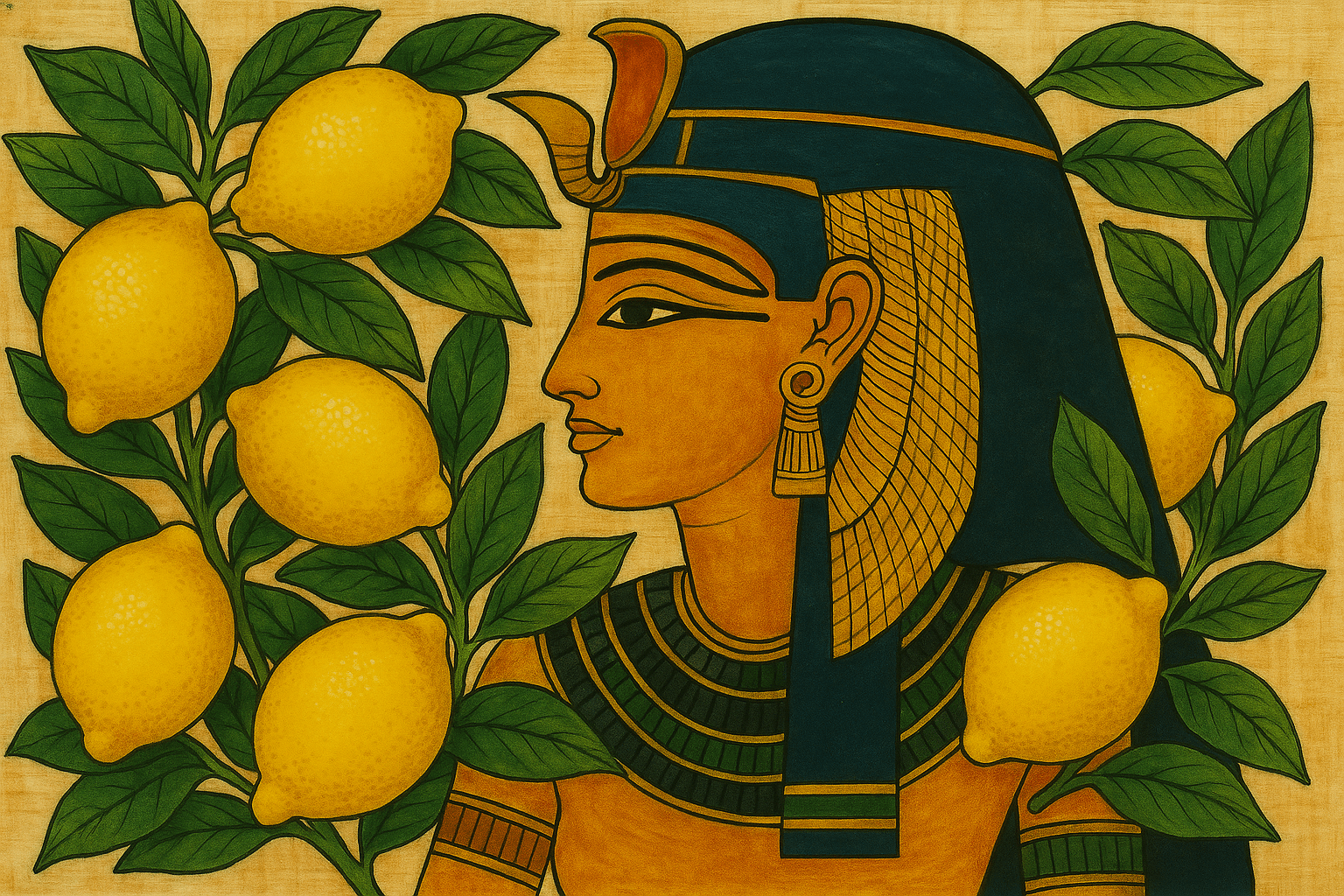When life gives you lemons
There’s much more to be made than just lemonade
Across the course of thousands of years citrus fruits have been prized not only for their tangy taste, but for their surprising versatility, popping up in medicine, cleaning, beauty rituals and even espionage.
Here are some of the more surprising uses of citrus over the years.

Ancient sun protection
Long before SPF 50, ancient Egyptians reportedly used a blend of rice bran, jasmine and citrus oils to shield their skin from the sun. The citrus oils acted as a natural barrier, and while it’s doubtful they’d pass modern dermatology tests, nor do we recommend trying, it shows how early cultures valued citrus as more than just food.
A pirates’ secret weapon
In the 18th century, British sailors used limes to fend off scurvy, a vitamin C deficiency common on long voyages. This led to the enduring nickname “limeys” for British sailors. Fun fact: the Navy’s shift from lemons to limes was partly about colonial trade politics, not just nutrition. At the time Britain controlled colonies in the West Indies, where limes grew in abundance, while lemons came from places like Spain and Sicily, territories outside their control. By switching to West Indian limes, they could supply their fleet from within the Empire.
Invisible ink in espionage
During both World Wars, lemon juice became an unlikely tool for secret communication. Messages written in it were invisible until heated, revealing hidden orders or codes. It was cheap, readily available, and nearly undetectable unless you knew the trick. In WWII, some German agents hid messages in laundry lists sent to neutral countries, written in lemon juice between the printed lines. The plan worked, until a laundry worker accidentally ironed one, revealing all.
Citrus as perfume and pest repellent
In 17th-century Europe, wealthy women often carried pomanders (ornate balls filled with cloves, herbs, and dried citrus peels) to mask unpleasant smells in crowded cities. The scent was pleasant for the wearer and helped keep flies and fleas at bay.
Ancient stain remover
In Roman times, citrus juice was used as a natural bleach for fabrics and even hair. Lemon juice could lighten linen under the sun and was a favorite among Roman women seeking fashionable golden locks.
Citrus in traditional healing
Throughout Asia, citrus peels have long been used in traditional medicine, dried tangerine peel (chenpi) in China is said to aid digestion and balance “qi,” while yuzu baths in Japan are a winter solstice tradition to ward off colds and improve circulation and lime was rubbed on the temples to relieve headaches in Central America. And who hasn’t tried lemon juice mixed with honey has long been a remedy for sore throats?